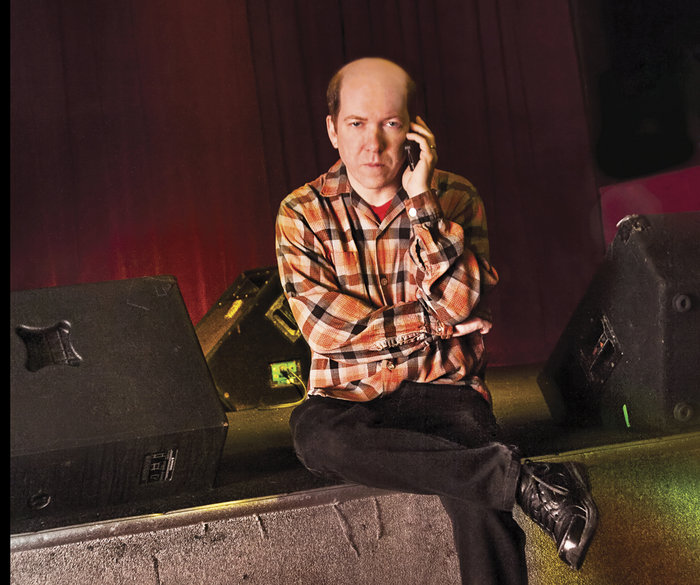There’s a reason there’s no guide called Booking Shows for Dummies. At least I don’t think there is. It’s very much an inexact science, and formal training doesn’t exist. A look at my career may show just how unscientific it is.
Like many who wind up in my field, at a young age I became a big fan of music. It started out with what was then Top 40 radio on WABC and quickly moved further underground. While I purchased my share of Jethro Tull and Yes records back in the day, they never really resonated with me. The wave of bands that excited me were the likes of Slade, Sweet, and T-Rex (the U.K. glam bands of the early seventies) and then The Ramones, Television, Blondie, and the punk bands out of the CBGB scene, and shortly thereafter some of their British counterparts.
I started going to shows when I was very young—I was either 14 or 15 when I caught The Cramps and Ramones at CBGB’s—and met my heroes. I managed to put on a show at the cafeteria of my high school, which was quite a success—starring The Zantees.
I was not actively involved with booking shows during my college years, but shortly after graduation, Pat Dinizio, lead vocalist of The Smithereens, asked me if I knew anyone who could help him with a weekly series of shows at Folk City. I told him I thought I was the perfect candidate. That series, dubbed The Big Combo Series, started in January of 1985 and ran through the club’s closing night at the end of March 1986. I’ve done many shows with acts that I first worked with there, including Southern Culture, On The Skids, Alex Chilton, The dB’s, and Yo La Tengo.
Folk City was supposed to reopen on East Fourth Street after a month or two. Had I known it was never going to happen, I would have charged for helping to move the tables and chairs there. Not wanting to stop booking—and also being paranoid that all agents would forget who I was after a month—I reached out to the owner/booker of Maxwell’s, Steve Fallon. I knew that soundman, Yo La Tengo member Ira Kaplan, had booked a month the previous year, allowing Steve to take a break. Ironically enough, Ira had also been involved with a successful weekly series at Folk City prior to The Big Combo Series. Steve agreed to let me book for a month. This was a thrill because Steve was a mentor to me. Also, I loved going to Maxwell’s, and I had moved to Hoboken in late 1984.
After that month, with Folk City’s re-opening still nowhere in sight, I approached Steve about continuing. Before I could get a single word out of my mouth, he said, “You want to keep doing this, right?” I said “Yes,” and here I am still today, with the longest 30-day job anyone has ever held.
I spread my wings a bit during my time at Maxwell’s. I continued a weekly series at venues such as Siberia in the meatpacking district and the original Knitting Factory on Leonard Street, both in New York City. I booked some random shows at CBGB’s, which I couldn’t have imagined back when I first started going there. I also put in time at Tramps and Under Acme. When I saw that Brooklyn was going to become a viable location for live music I accepted a booking position at Southpaw in Park Slope, eventually moving on to The Bell House in Gowanus, where I am still booking. I am also proud to be part of a wonderful festival in New Orleans called The Ponderosa Stomp.
Doing shows at the venerable Landmark Loew’s Theatre in Jersey City has given me valuable experience in a completely different type of show, where production has to be brought in the day of the show, and the financial arrangements are quite different than a club show.
All in all, it has been a rewarding and exciting career, though not for the faint of heart. There is no telling what tomorrow might bring. Bands might be hot one month and cold the next, or vice versa. Competition is fierce. Like many things in life, the best way to learn is probably through hands-on experience.—07030
Our Digital Archive from 2000 – 2016
